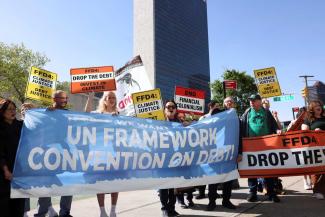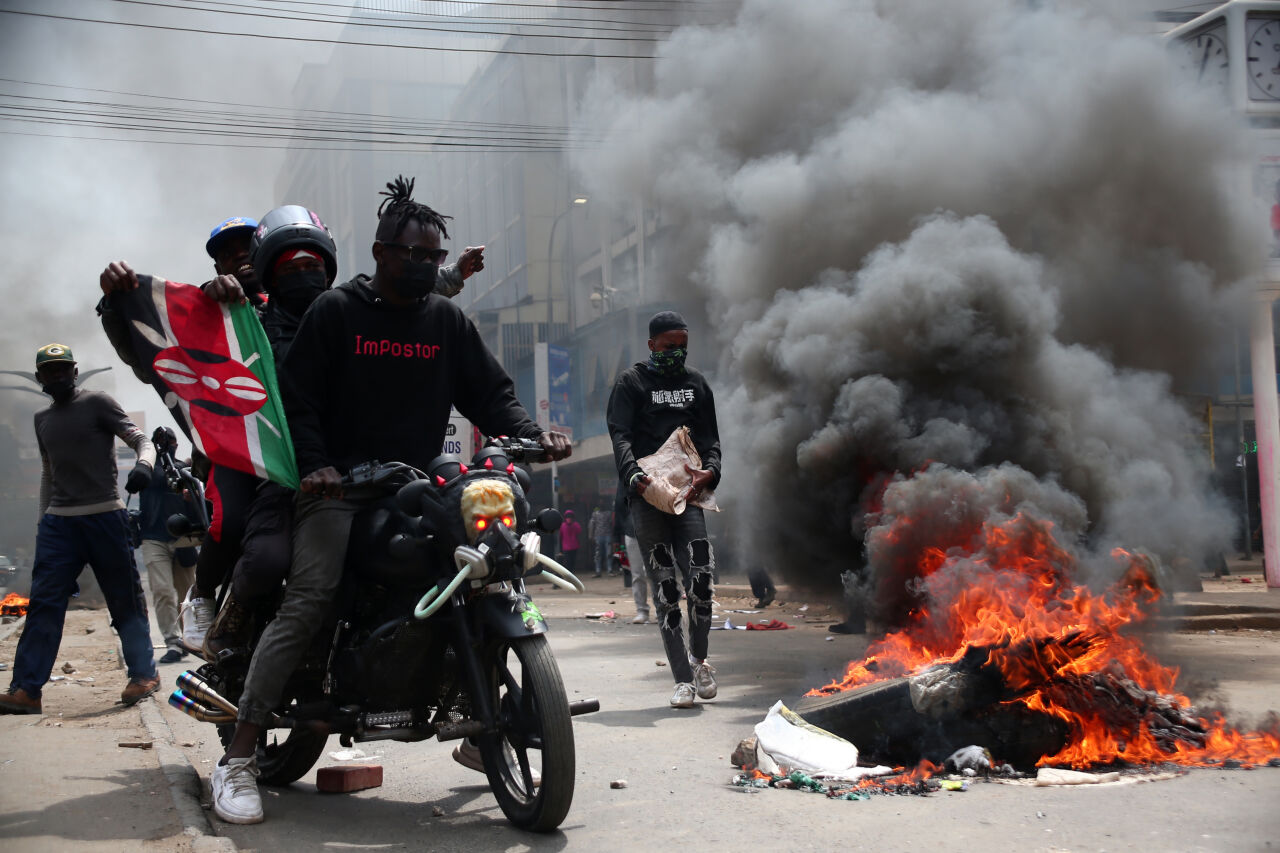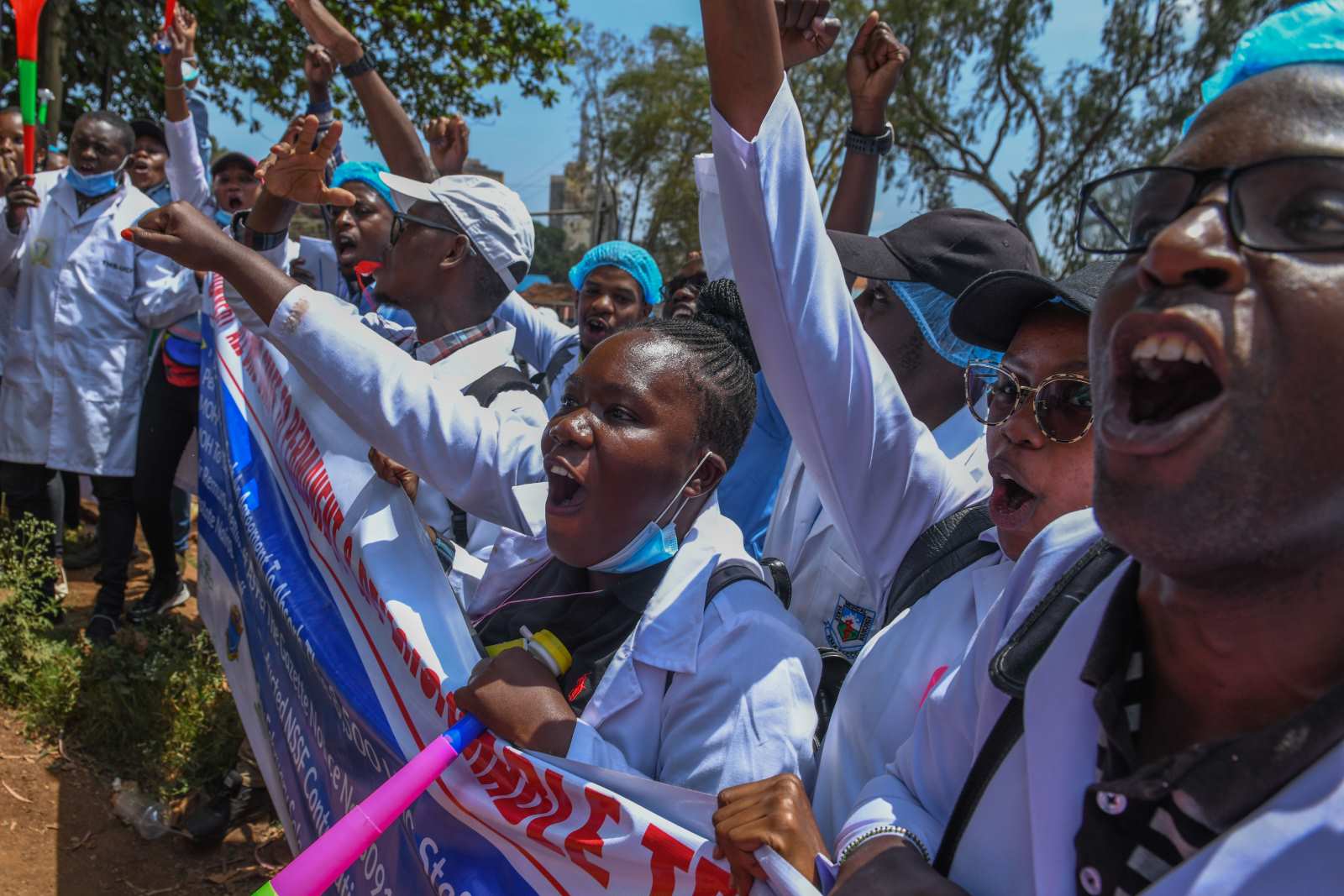Financing for Development
Reforming global financial structures is non-negotiable for Africa

FfD4, currently underway in Seville, Spain, provides a platform for UN Member States to reach agreements and take collective action on major obstacles to sustainable development. For Africa, this is particularly significant, as the continent faces an enormous development-financing gap – estimated at $ 200 billion annually by the African Union – to achieve the Sustainable Development Goals (SDGs) by 2030.
Africa has long endured the leadership arrangements of the Bretton Woods Institutions. Under the informal “gentleman’s agreement,” an American has always led the World Bank, while a European has headed the International Monetary Fund (IMF). The imbalance of the global financial architecture is further illustrated by the IMF’s quota system: the entire African continent – comprising 55 countries and over 1.4 billion people – holds just 6.47 % of voting rights, whereas the US, with a population of around 340 million, holds 16.5 %. This disparity limits Africa’s influence on key global economic decisions, such as how debt sustainability is assessed, which types of financing are offered to countries in debt distress, and what constitutes “sound” economic policy.
Africa is also unfairly treated within the global financial system through the practices of credit rating agencies. The global credit rating market is dominated by the “Big Three” – Moody’s, S&P Global and Fitch Ratings – all headquartered in the US and the UK. Their assessments have frequently led to higher borrowing costs for African countries, capital flight, pressure on local currencies and the adoption of pre-emptive austerity measures aimed at avoiding downgrades. In 2024, Botswana was the only African country to reach a BBB+ credit rating, the highest on the continent.
Half of Germany’s debt was cancelled
More than 25 African countries are currently either at high risk of debt distress or already in distress. Yet, the absolute numbers are relatively low. Africa’s total debt stock is $ 1.8 trillion, compared to $ 2.9 trillion in Germany in 2023.
The London Debt Agreement of 1953 waived 50 % of Germany’s debts, with the remaining debts limited to three percent of export earnings and only payable if Germany had a trade surplus. Today, the majority of African countries pay more in debt service than Germany was required to pay under the London Debt Agreement. This example shows that the international community deals with national debt problems in very different ways.
As one of the most significant development finance conferences of the past decade, FfD4 must confront these systemic challenges. This requires reforming the IMF quota formula to account for economic vulnerability, regulating private credit rating agencies, and supporting the establishment of local alternatives, such as the African Credit Rating Agency (AfCRA). The AfCRA could provide Africa with an opportunity to establish a credit rating system that reflects the continent’s socioeconomic realities and promotes a more accurate representation of its creditworthiness. Overcoming systemic challenges also means reclaiming public finance to address the climate crisis, ending opposition to debt architecture reform by establishing a UN Convention on Sovereign Debt, supporting the UN Framework Convention on International Tax Cooperation to foster a fair global tax system and urgently advocating for debt cancellation.
Link
https://actionaid.org/sites/default/files/publications/Debt-Swaps-Wont-Save-Us-Briefing-2024.pdf
Africa Kiiza is Economic Justice Advisor at Christian Aid.
akiiza@christian-aid.org
















